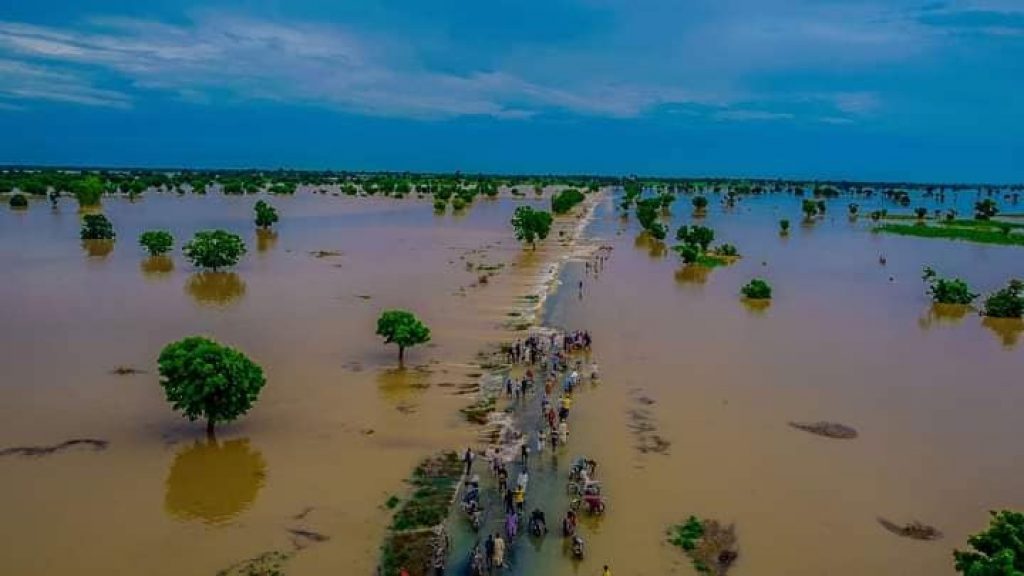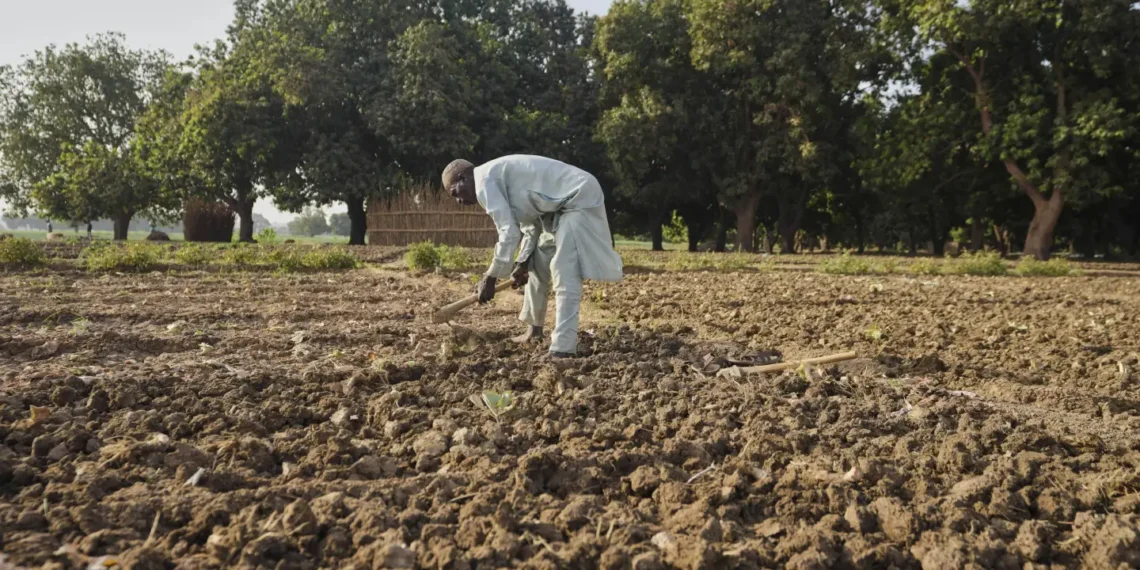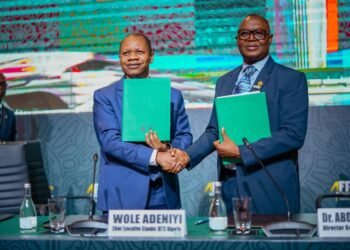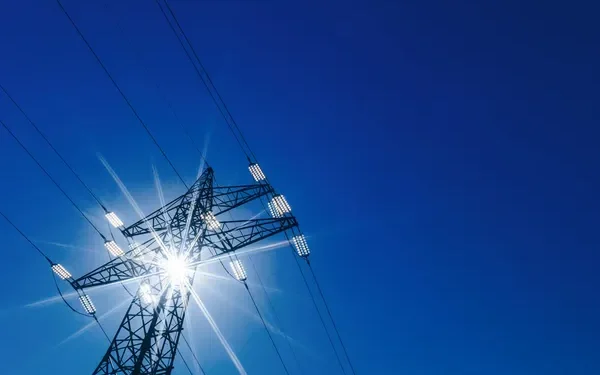Nigeria is facing an escalating agricultural crisis as climate change drives up temperatures, extends dry seasons, and depletes vital water sources across its northern region.
Once-reliable rivers are vanishing, rainfall patterns have shifted dramatically, and farming communities are being pushed to the brink — all while the population surges and food prices spiral out of reach for many.
The World Food Program warns that 31 million Nigerians are already grappling with food insecurity, and the worsening climate is only compounding the problem. With each passing season, farmers are struggling to recover from one environmental shock before another arrives. “Efforts to recover from one climate shock are overlapped by the next,” said Chi Lael, WFP spokesperson.
Nigeria’s agriculture sector, which contributes roughly 22% to the nation’s GDP, is dominated by smallholder farmers, over 80% of the farming population, who produce 90% of the country’s food. Yet, many rely on basic tools and age-old techniques, leaving them particularly vulnerable to environmental changes.
Umaru Muazu, a 62-year-old farmer in Sokoto state, is one of many whose livelihood now hangs in the balance. The river that once irrigated his five-hectare farm has dried into a muddy depression. Unable to afford a well, Muazu is considering giving up farming altogether. “Before, with a small farm, you could get a lot,” he recalled.
Across the north, this story is repeating itself. Dried-up rivers, parched wells, and soaring fuel prices are squeezing already fragile rural economies. In Adamawa state, more than 1,250 hectares of farmland have been affected by erratic rainfall and high heat, according to Nigeria’s National Emergency Management Agency.
Elsewhere in Sokoto, Nasiru Bello is fighting to keep his onion farm alive. The groundwater he now depends on is expensive to extract, with fuel costs skyrocketing. He supports a family of 26, but yields are dropping sharply. “The plants do not grow well as it did,” he said.

Dry Season Extends, Rainfall Patterns Shift
Experts say this is not just a passing weather anomaly — it’s a structural climate shift. Nigeria is experiencing longer, hotter dry seasons, while the rainy periods have shortened and intensified, often leading to flash floods that damage rather than nurture crops.
Yet the country’s agricultural infrastructure has not kept pace with these changes. Daniel Obiora, national president of the All Farmers Association of Nigeria, criticized the government for failing to build dams or invest in irrigation systems to mitigate the crisis.
Deforestation and over-extraction of water further complicate the problem. According to Abdulsamad Isah, co-founder of the Extension Africa nonprofit, many rivers are drying up due to unsustainable land practices. In Sokoto alone, two-thirds of the trees have been lost, according to Yusuf Isah Sokoto, director at Umaru Ali Shinkafi Polytechnic. This loss has driven up temperatures and disrupted local ecosystems.
Meanwhile, the UN Food and Agriculture Organization has been promoting climate-smart solutions such as drip irrigation. These methods deliver water directly to plant roots and use far less than traditional flood irrigation techniques. However, adoption remains slow due to a lack of awareness and investment. “There should be more orientation for farmers about climate change,” Sokoto emphasized.
Despite increased government spending, the results have been underwhelming. Agricultural GDP dropped from 25% to 22% between the first and second quarters of 2024, and household food imports jumped 136% in the same period, signaling domestic production shortfalls.
Even officials have admitted the decline. “Many farmers who once harvested up to 10 tons are hardly able to get half that these days,” said Agriculture Minister Aliyu Abdullahi.
In Lagos and other southern cities, the consequences are being felt on every plate. Cabbage, a common crop from the north, now costs 2,000 naira ($1.20) per head — double the price from a year ago and five times higher than in Sokoto.
President Bola Tinubu’s administration declared a food security emergency in 2023, announcing a plan to activate 500,000 hectares of farmland in the northern land banks. But as of now, that promise remains unfulfilled — and Nigeria’s farmers are running out of time and water.
READ ALSO: Minority Decries “Egregious” Constitutional Breach over President’s Absence























